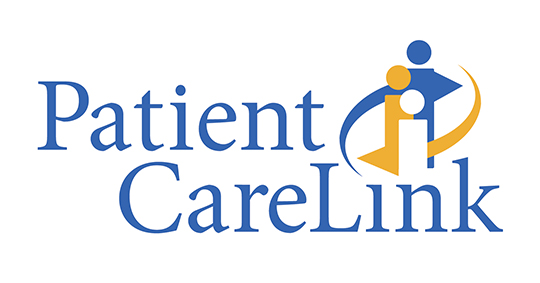ICU Harm Related Topics
The critical care unit can be the location where a patient harm event occurs or it can be the unit where patients are transferred following an event elsewhere. With this in mind, we have grouped the following Patnership for Patients (PfP) option year (or Leading Edge Advanced Practive Topics – LEAPT) topics together under “ICU Harm Related Topics”: Failure to Rescue, Hospital Acquired Acute Renal Failure, Iatrogenic Delirium, and Sepsis. A brief description of each topic is provided below. More detail, along with strategies and tools for improvement are included in each of the topic change packages.
Failure to Rescue
Failure to rescue refers to the lack of a caregiver’s ability to recognize early signs and symptoms of deterioration in a patient’s condition, or acting too late to prevent a cardiac arrest. It is a measure of the degree to which providers respond to adverse events that develop on their watch, and may reflect the quality of monitoring, the effectiveness of actions taken once complications are recognized, or both. Three fundamental problems lead to failure to rescue in hospitals:
- Failure to plan or be ready for unexpected deterioration in patient conditions
- Failure to recognize early warning signs and symptoms of impending deterioration in patients
- Failure to respond to patients in distress in a timely and systematic manner
Hospital Acquired Acute Renal Failure
Acute Renal Failure (ARF) is predominately an acquired hospital disorder and the high mortality rate of patients with ARF cannot be explained entirely by the comorbid conditions of these patients. Hospital acquired ARF occurs in 22-67% of critically ill patients and is a significant indicator of mortality, morbidity and increased health care costs. Mortality from ARF ranges from 25-80% with the elderly having the highest mortality. The largest percentage of hospital acquired ARF is caused by ischemic or toxic exposure.
Prevention of hospital acquired ARF is critical to the early recognition of acute kidney injury (AKI) to minimize the progression of AKI to ARF.
References
Venkataraman, Ramesh, MD, and John Kellum, MD. “Prevention of Acute Renal Failure.” Chest 131.1 (2005): 300–08.
Kellum, John A., and Derek C. Angus. “Patients Are Dying of Acute Renal Failure *.” Critical Care Medicine 30.9 (2002): 2156-15
Iatrogenic Delirium
Iatrogenic delirium (acute state of confusion) is a common and severe neuropsychiatric syndrome with core features of acute onset and fluctuating course, attentional deficits, and generalized severe disorganization of behavior acquired in the hospital. Iatrogenic delirium may be the single most common acute disorder affecting adults in general hospitals. It affects 10-20% of all hospitalized adults, 30-40% of elderly hospitalized patients, and up to 80% of ICU patients. Iatrogenic delirium increases the risk of longer stays in the hospital, higher cost of care, death, and more long-term cognitive impairment up to one year later.
Delirium detection in the hospital setting is critical in the ability to understand the incidence and then therefore the treatment. Iatrogenic delirium prevention strategies are relatively limited- sleep protocols and early ambulation. The ABCDE bundle is one way to align and coordinate care, which includes specific focus on delirium as a component of the overall care patients receive, including sedation and pain medications, breathing machines, and mobilization.
Resources
CDC Antimicrobial Stewardship Tools
AHRQ Toolkit for Reduction of Clostridium difficile Infections Through Antimicrobial Stewardship
APIC Guide to Reducing Clostridium difficile Infections
Procedural Harm – Blood Management Top Ten Evidence Based Interventions
HRET’s Reducing Over-Utilization of Blood & Blood Products – 2014 Change Package
Airway Safety Top Ten Evidenced Based Interventions
Undue Radiation Exposure Top Ten Evidenced Based Interventions
HRET’s Preventing Undue Radiation Exposure – 2018 Change Package
Acute Renal Failure/Acute Kidney Injury Top Ten Evidenced Based Interventions
HRET’s Prevention of Hospital Acquired Acute Renal Failure/Acute Kidney Injury – 2014 Change Package
Iatrogenic Delirium Top Ten Evidenced Based Interventions
HRET’s Preventing Iatrogenic Delirium – 2018 Change Package

